
It finally happened. Well into the second decade of the digital assets revolution, we’ve finally witnessed the approval of the highly anticipated spot Bitcoin ETF. Dubbed by Michael Saylor as “the biggest Wall Street development in the last 30 years”, the launch of the spot Bitcoin ETF is the financial world’s first step toward ameliorating our highly archaic financial system. While there are countless explanations about how impactful the concept of decentralizing money would be for trade, commerce, and financial inclusion, what often goes overlooked are the philosophical and psychological implications of how we redefine wealth and who has it. Essentially, the introduction of the Bitcoin ETF could ultimately be regarded as the single most important catalyst in the widespread adoption and acknowledgment of cryptocurrency’s value in the long term since the conception of money.
The following is an opinion editorial written by Solo Ceesay Co-Founder and CEO of Calaxy, a next-generation social platform redefining the creator-fan relationship. Before co-founding Calaxy with his business partner, Brooklyn Nets star Spencer Dinwiddie, Solo held the position of Securitization Investment Banker at Citi after graduating from the Wharton School of Business.
What Is Money?
Before fiat money, most civilizations used barter and trade in the exchanging of goods and services. What those early civilizations found is that as transactions became more complex, it became more difficult to efficiently trade given transactions could often be out of balance.
For example, say an individual is looking to buy some cattle in exchange for some apples. For this transaction to take place, the person seeking apples must not only source cattle to purchase but also ensure that the seller values apples. What’s more, given there are endless items a person could in theory barter for and equally endless items a person could use as payment, it quickly became clear that bartering is inefficient, tiring, and time-consuming; thus, creating the need for a universal asset that could serve as the financial bridge for commerce and trade or as we call it today, money.
What Gives Money Its Value?
Simply put. Money is valuable because we as people give it value. If you were to ask the average person how ‘valuable’ the earliest forms of currency like beaver pelt and dried corn were, they’d likely look perplexed and question your sanity. This is further evidence that like most things, money’s value and what it means to us is a highly malleable concept that changes drastically depending on the time.
Society eventually moved on to a more refined bartering system that was built around precious metals despite it having real-world utility outside of its aesthetics. As the definition of wealth was established, society collectively enforced the ideology that the more gold you had the better off you were. Precious metals would go on to be what originally backed the fiat money we now use today. Over time, we saw many currencies debase from the gold standard in favor of the intangible trust in its issuing governing body – a migration that wasn’t met with its fair share of criticism. At the same time, it’s not all that different than what appears to be the next step in the evolution of money which is assigning value, wealth, and trust into currencies that have no single point of accountability or control, what we refer to as Decentralized Finance (DeFi). In essence, the development of Bitcoin and other cryptocurrencies is mankind’s attempt at creating a universal standard and public utility that creates endless opportunities for global trade and commerce ushering in once again a new wave of bartering only this time it’s online and it’s digital. We should view cryptocurrency as digital gold.
That said, the pain and friction we’re experiencing during this migration stems not from anything intrinsic to Bitcoin but rather, from humanity’s expected reluctance to change. When you think about it, human civilization has repeated this cycle time and time again.
So… What’s Next?
For the first time in Bitcoin’s history, institutions (and really anyone who doesn’t aspire to custody their own assets) now have a financial instrument that allows them to utilize Bitcoin as a store of value. Not only will this widely increase the accessibility of Bitcoin but it will also legitimize an asset that is often regarded as the financial backbone of organized crime and illicit activity.
While one could argue that the Bitcoin ETF has done wonders for legitimizing the asset as a reputable store of value on a global stage; much like bartering with apples for cattle, an ETF is still not a viable medium or bridge for trade and commerce. Despite the ETF solving why the broader investment community doesn’t have exposure to Bitcoin, transacting with and holding the asset is still significantly more difficult than the personal banking solutions that exist today. This in turn drastically increases the switching costs to a point where many won’t bother with the technology no matter its promise.
It should also be noted that these ‘switching costs’ vary depending on where a person might be located globally. For instance, people located in emerging markets might already see those ‘switching costs’ as negative given they might not enjoy the same benefits that those located in more developed nations enjoy.
Conclusion
After dozens of rejections, the launch of the Bitcoin ETF signals the next chapter in the ever-changing tale of digital assets. Just as society once accepted physical paper and coins as currency holding great value, we are now witnessing the emergence of the next chapter where digital currencies are becoming integrated into our lives. With the SEC’s ruling, Bitcoin represents a new opportunity for the masses to gain access to wealth, which was previously inaccessible. Those who couldn’t feasibly access measures of wealth in the past can easily access the digital gold that Bitcoin represents.
Following years of persecution, gaslighting, and placation, the powers that be have finally granted us the tools to take Bitcoin and the entirety of crypto to new heights both in terms of price action and broader adoption. It is mission-critical that the entire industry comes together to address the usability concerns that hinder Bitcoin’s ability to sufficiently serve as modern currency, to truly make real wealth available to anybody.
What do you think about the next chapter in the ever-changing tale of digital assets? Share your thoughts and opinions about this subject in the comments section below.

You can get bonuses upto $100 FREE BONUS when you:
💰 Install these recommended apps:
💲 SocialGood - 100% Crypto Back on Everyday Shopping
💲 xPortal - The DeFi For The Next Billion
💲 CryptoTab Browser - Lightweight, fast, and ready to mine!
💰 Register on these recommended exchanges:
🟡 Binance🟡 Bitfinex🟡 Bitmart🟡 Bittrex🟡 Bitget
🟡 CoinEx🟡 Crypto.com🟡 Gate.io🟡 Huobi🟡 Kucoin.
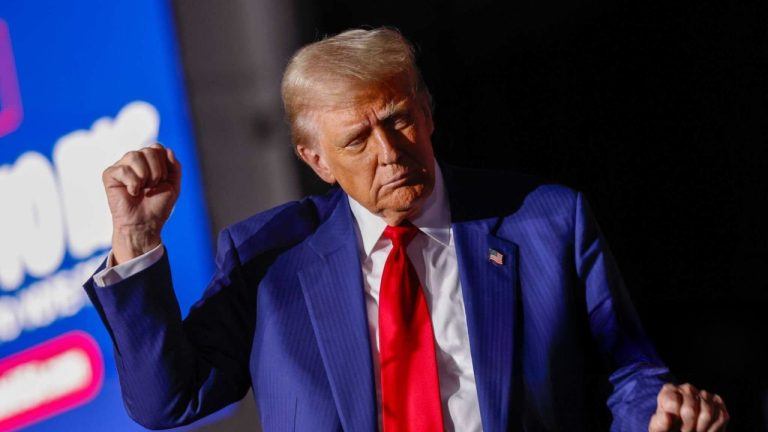





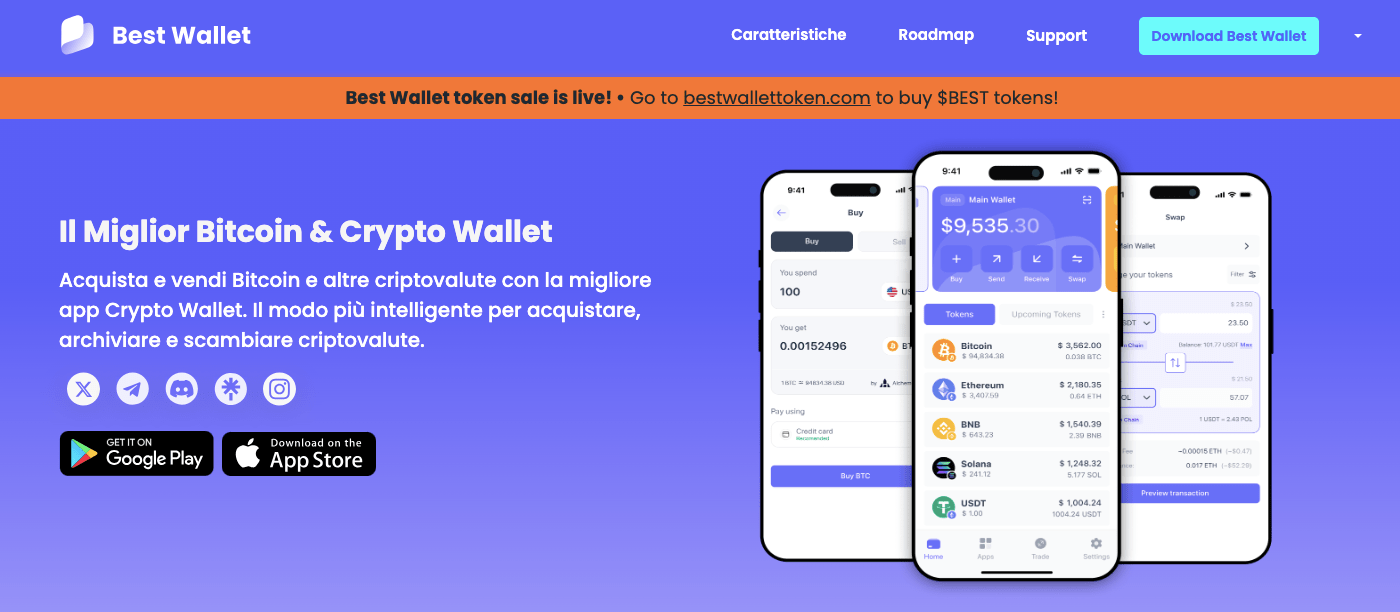





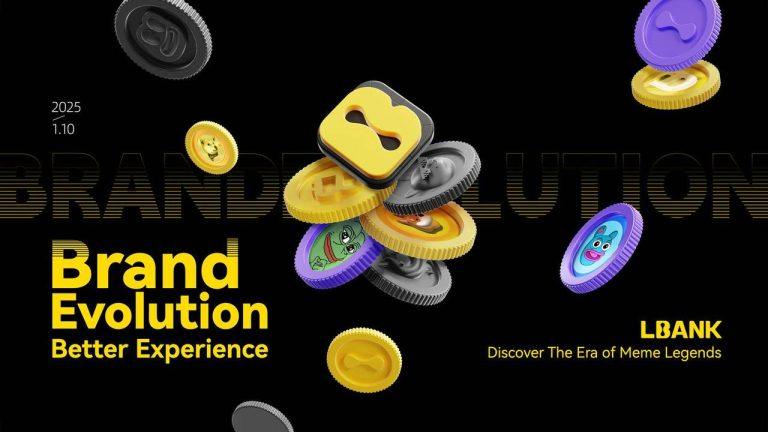
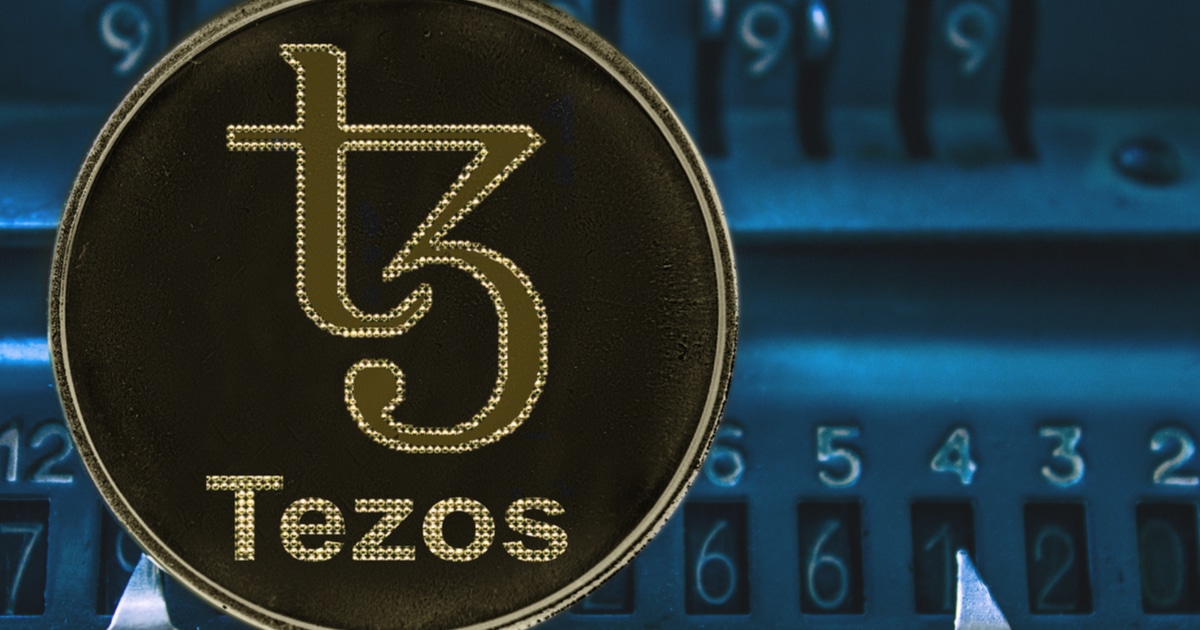
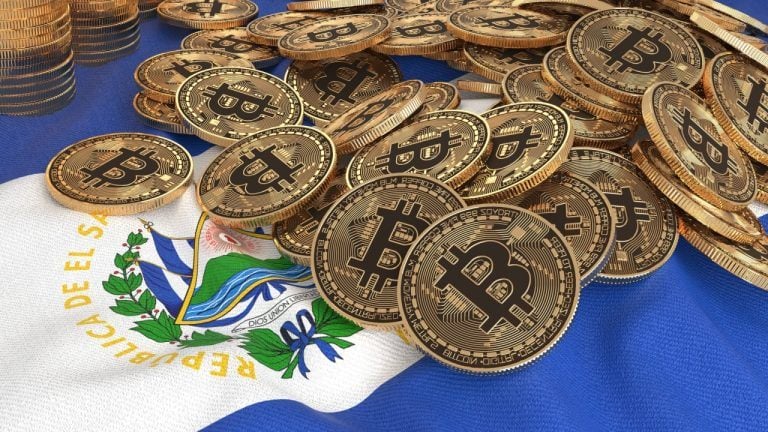
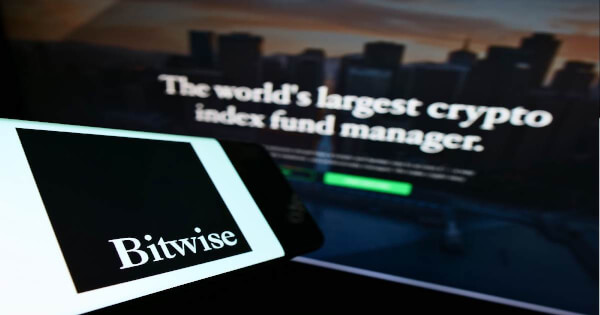




Comments